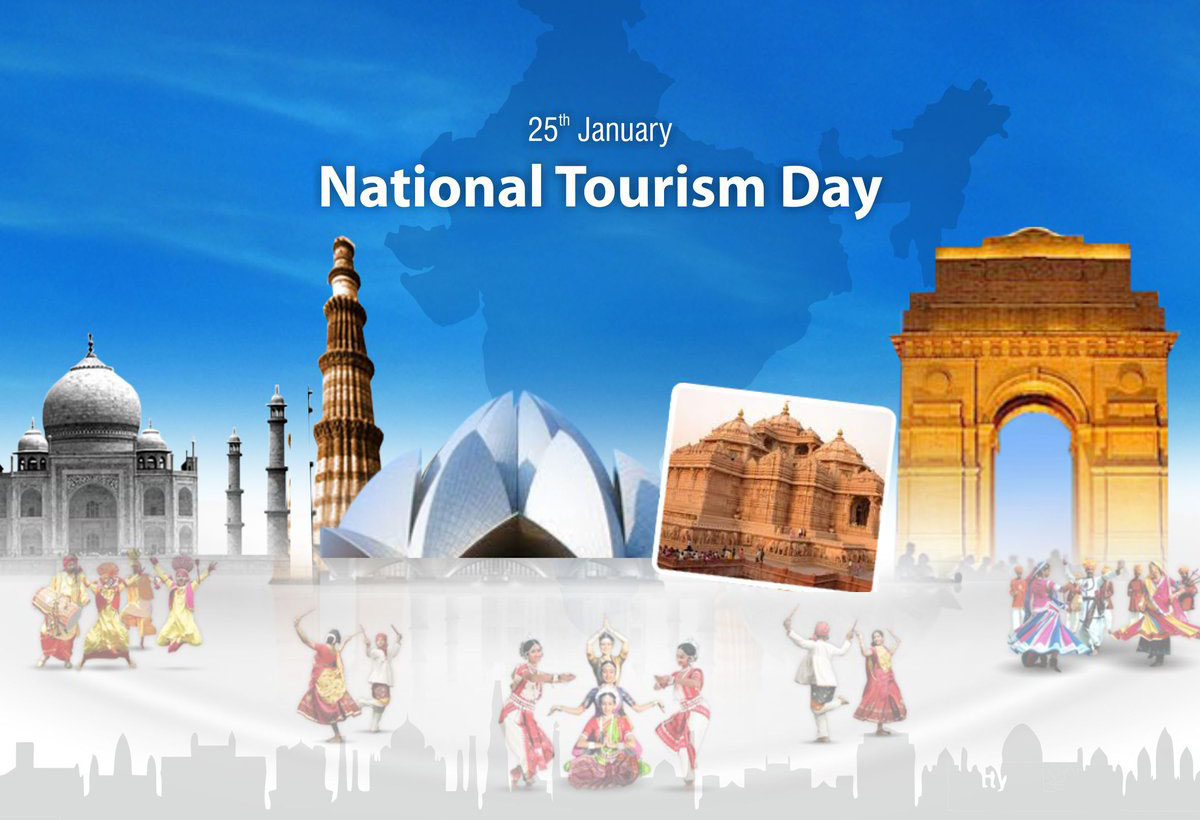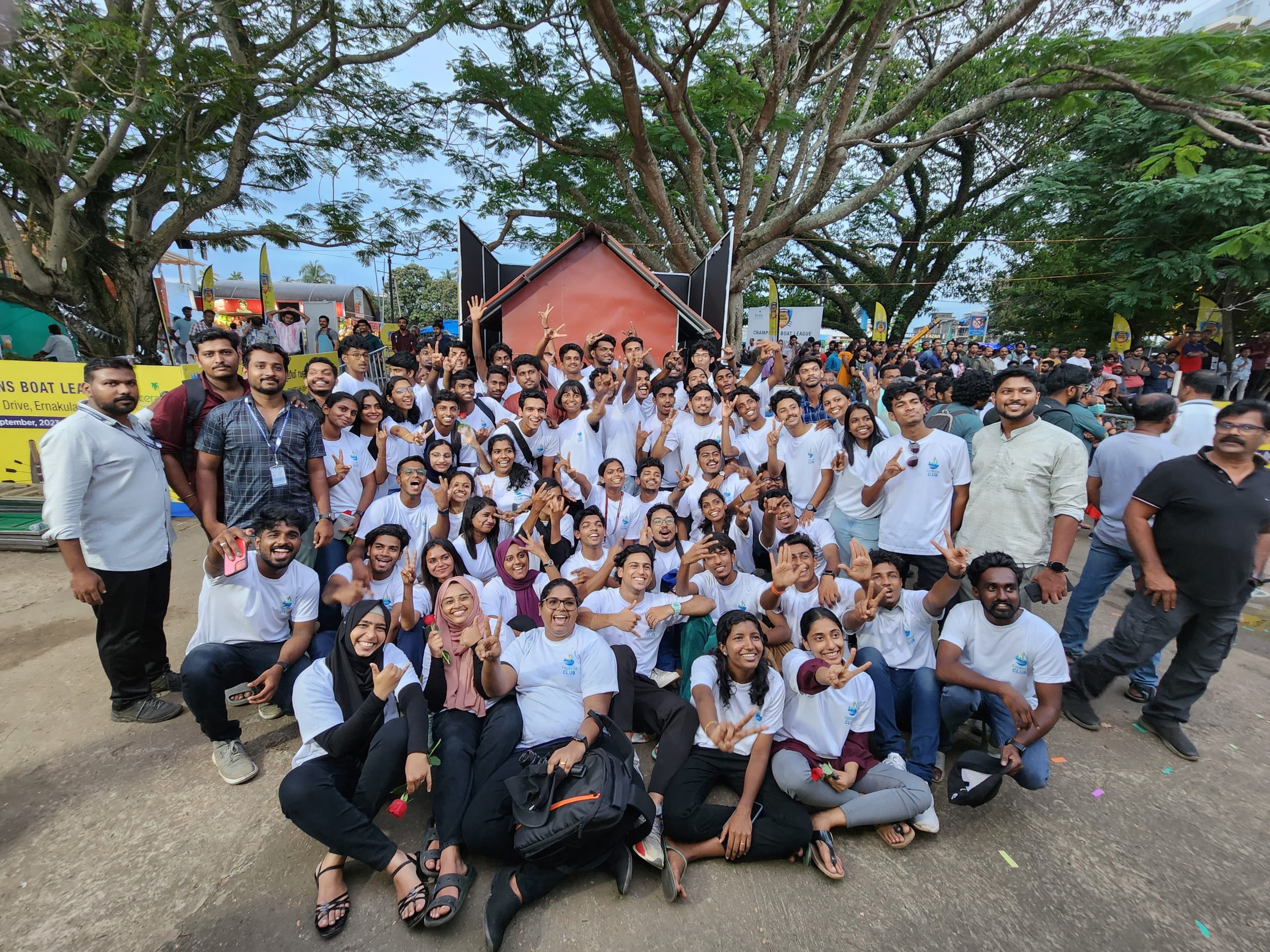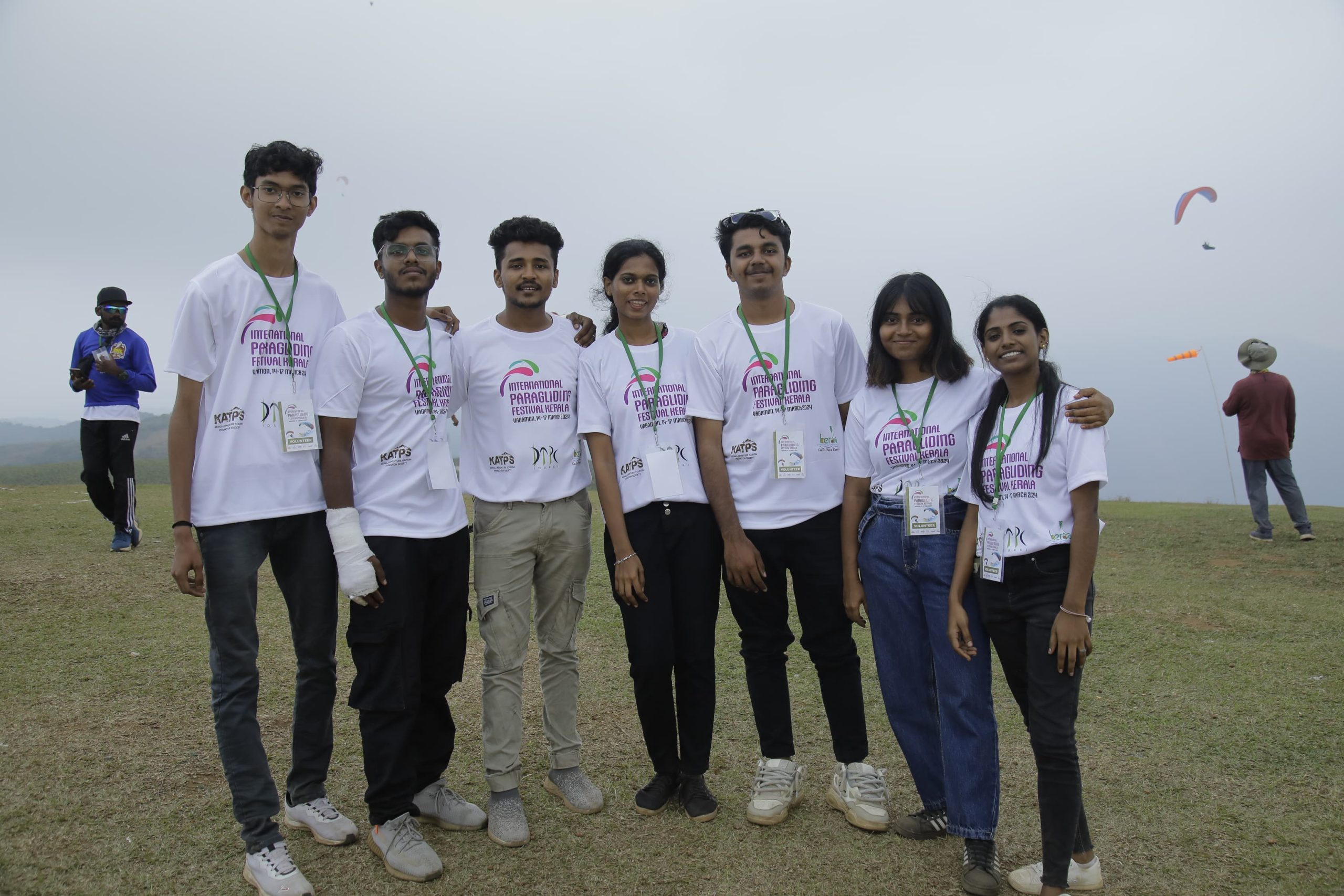Why Choose Tourism
The tourism industry offers a wide range of career opportunities in various sectors such as hospitality, travel agencies, tour operations, event management, destination marketing organizations, airlines, cruise lines, and government tourism departments. This diversity allows individuals to pursue roles that align with their interests, skills, and career aspirations. For individuals who have a passion for travel and exploration, a career in tourism allows them to explore new destinations, experience different cultures, and embark on exciting adventures. Whether working as a tour guide, travel agent, or hospitality professional, individuals in the tourism industry often have the opportunity to travel for work and leisure.
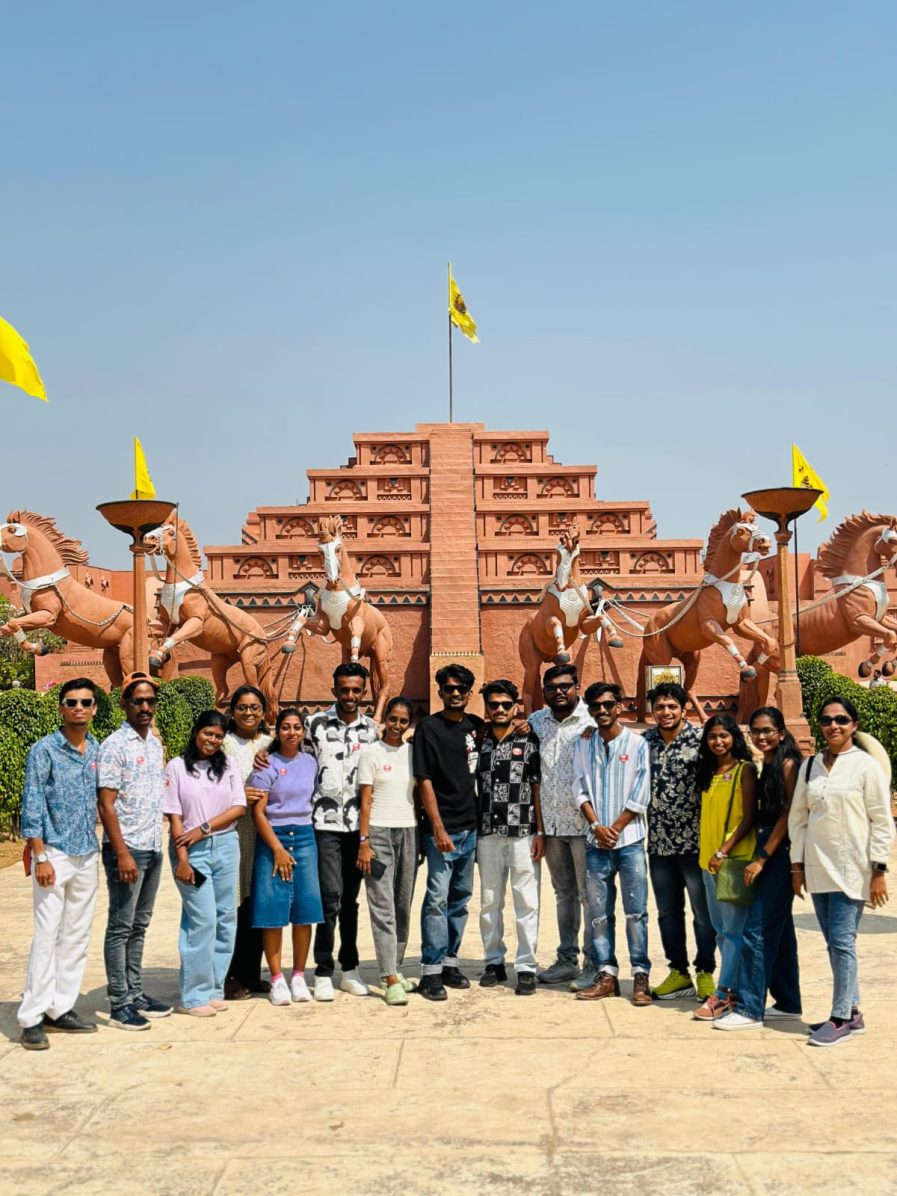
Destination Study
Destination studies provide valuable insights into the complexities of tourism destinations, their development trajectories, and the factors influencing their success or sustainability. By understanding the dynamics of tourism destinations, researchers, policymakers, and industry practitioners can make informed decisions and contribute to the responsible and sustainable development of tourism.
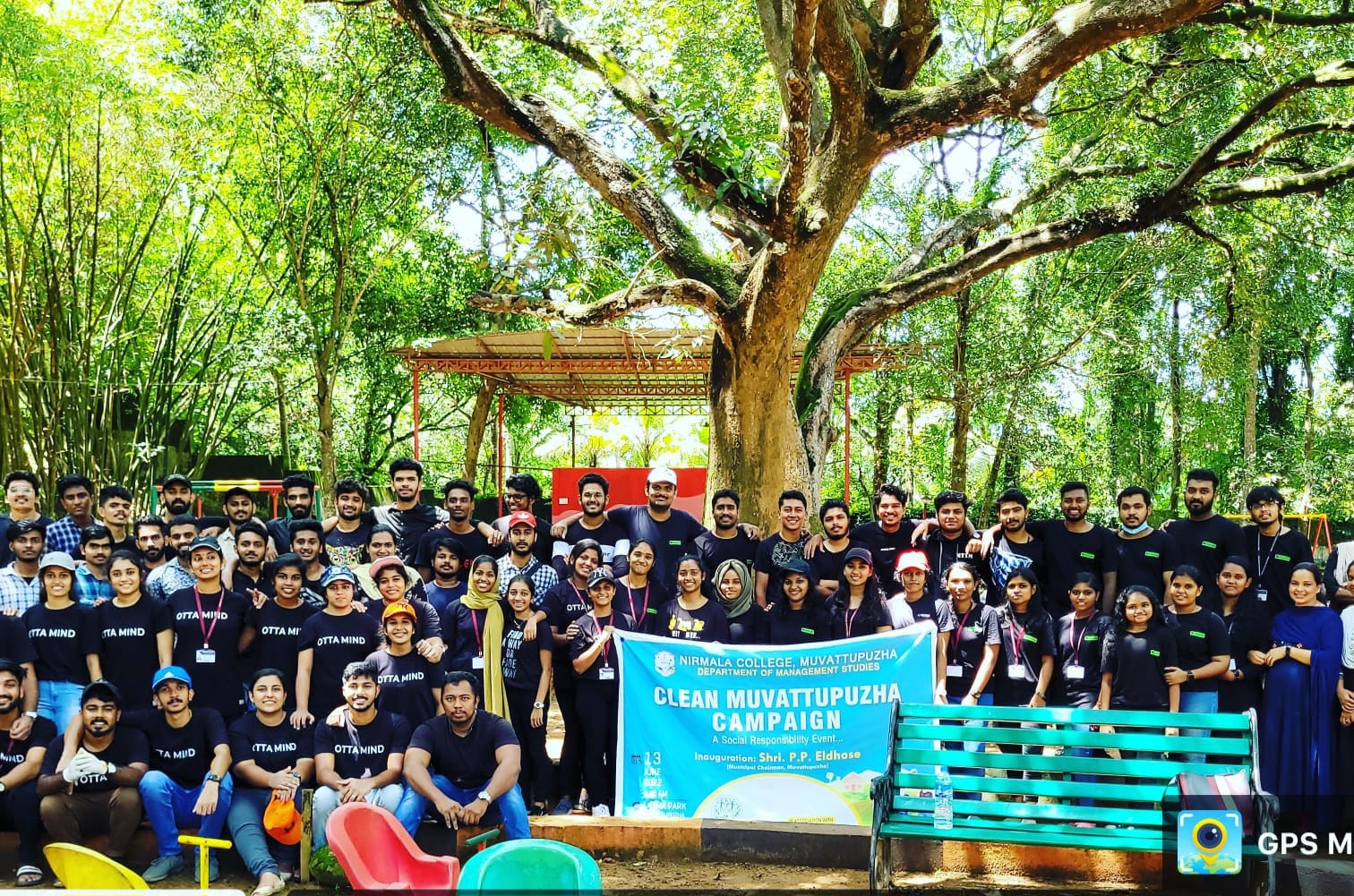
Community Development
Community development is a collaborative and participatory process that empowers communities to create positive change, foster resilience, and improve the quality of life for all residents. It embodies principles of empowerment, participation, collaboration, sustainability, and social justice, aiming to build stronger, more inclusive, and vibrant communities.
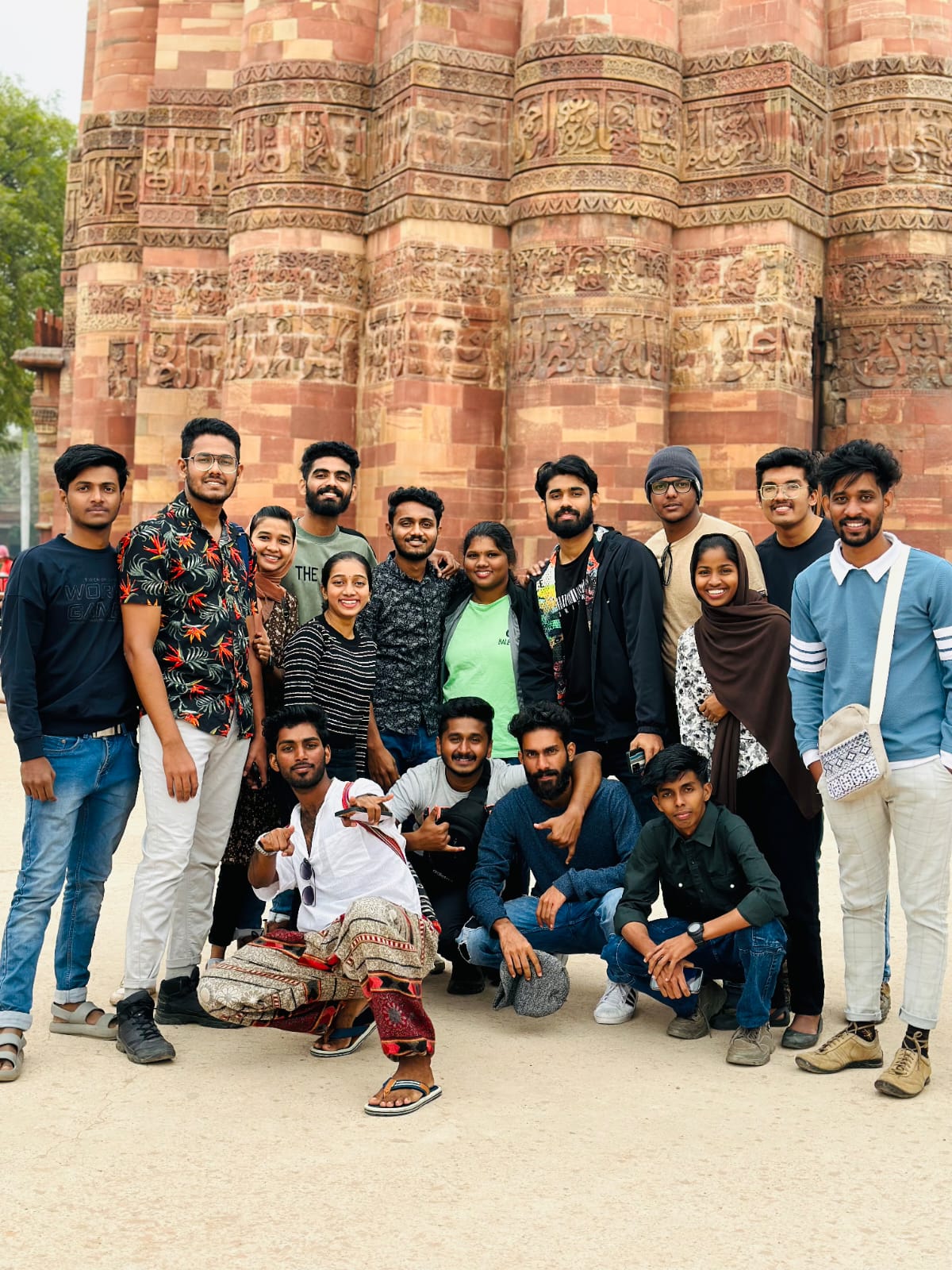
National Tour
By incorporating a national tour component into the curriculum, students can gain a deeper understanding of the complexities and opportunities within the tourism industry, develop practical skills for tour planning and management, and prepare for careers in tourism operations, destination management, tour guiding, or tourism marketing. Additionally, hands-on experiences and field-based learning can help students apply theoretical knowledge in real-world settings and build professional networks within the tourism sector.
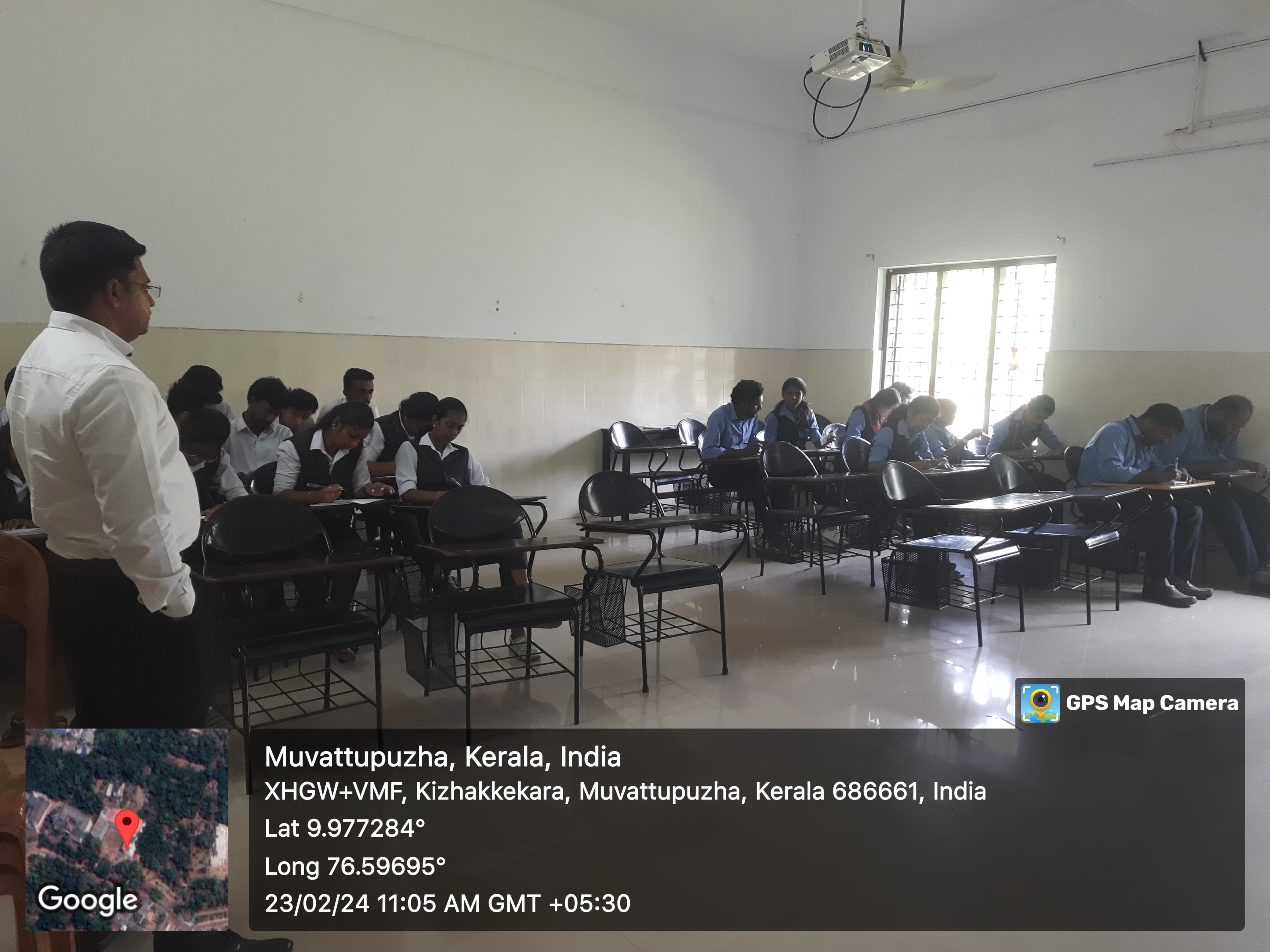
Industry Institute Interface
Industry-institute interface plays a crucial role in promoting knowledge exchange, skill development, innovation, and economic growth by fostering collaboration between academia and industry. By working together, academic institutions and industries can address industry challenges, produce skilled graduates, drive technological innovation, and contribute to sustainable development and prosperity.

Destination Study
Destination studies provide valuable insights into the complexities of tourism destinations, their development trajectories, and the factors influencing their success or sustainability. By understanding the dynamics of tourism destinations, researchers, policymakers, and industry practitioners can make informed decisions and contribute to the responsible and sustainable development of tourism.

Community Development
Community development is a collaborative and participatory process that empowers communities to create positive change, foster resilience, and improve the quality of life for all residents. It embodies principles of empowerment, participation, collaboration, sustainability, and social justice, aiming to build stronger, more inclusive, and vibrant communities.

National Tour
By incorporating a national tour component into the curriculum, students can gain a deeper understanding of the complexities and opportunities within the tourism industry, develop practical skills for tour planning and management, and prepare for careers in tourism operations, destination management, tour guiding, or tourism marketing. Additionally, hands-on experiences and field-based learning can help students apply theoretical knowledge in real-world settings and build professional networks within the tourism sector.

Industry Institute Interface
Industry-institute interface plays a crucial role in promoting knowledge exchange, skill development, innovation, and economic growth by fostering collaboration between academia and industry. By working together, academic institutions and industries can address industry challenges, produce skilled graduates, drive technological innovation, and contribute to sustainable development and prosperity.

